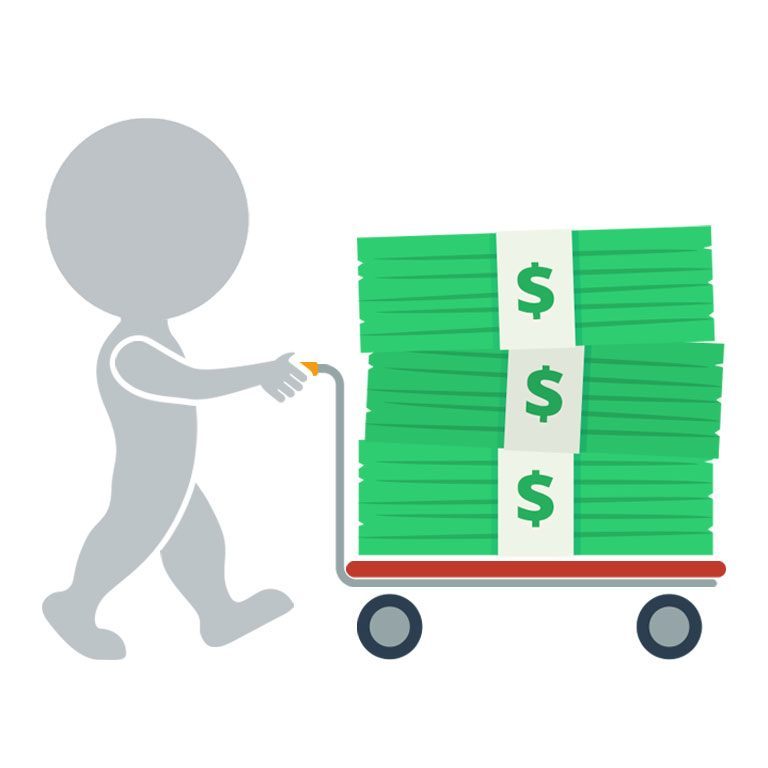The Dallas Symphony has started a new ticket buying program called Impromptu, which is essentially something like a flex subscription package without the subscription. It’s an intriguing idea which continues the efforts of orchestras to move away from relying on the old, tired subscription model.
In general, much of the complaints surrounding subscriptions have been centered around time or money and in the case of Impromptu, Dallas seems to be focusing on the time issue. Patrons don’t always have the luxury of scheduling events months in advance as much as they used to. As a result some abandon their subscriptions and without that pull of money spent to help bring them in, they simply fade away from concerts.
The program is pretty simple, patrons join the Impromptu program by paying a $100 sign up fee ($50 if you act now!) and then pay a $50 monthly fee for the duration of the season which allows them access to the vast majority of their classical and pops concerts.
The benefits include members being able to attend as many concerts as they like (provided seats are available) during any given month which qualify for their Impromptu pass. However, most patrons won’t be saving any money over the cost of a combined classical and pops subscription. Staying in the Impromptu program from September through May costs $550 ($500 if you act now!) and the cumulative price of an average classical and pops concert is around $450.
It will be interesting to see if the segments of Dallas’ subscribers who are not renewing are influenced more by issues related to time over money.
There’s been a great deal of debate within the business over which of those issues influence patrons more. Ideally, the debate should focus on both issues equally since different segments of any cities demographics will be influenced by one more than another. For the majority of patrons in their 20’s price is more of an issue whereas those in the baby boomer demographic are impacted by time constraints.
It’s worth pointing out that due to the fact that this program allows unlimited attendance to most of their classical and pops concerts, Dallas may be onto something with which would open up a whole new door for attracting large numbers of new patrons while simultaneously increasing their relevance to their community.
I didn’t see anything in the Impromptu marketing material which eludes to what I’m thinking about but since even I become a little weary of offering, free of charge, such stunning marketing and audience development advice (the same stuff they pay consultants the big money for) I’m going to keep it to myself for the time being and wait to see if Dallas picks up on it. Even so, if you’re a faithful Adaptistration reader, perhaps you can guess what I’m talking about.
It’s All About The Money
Dallas’ program does address another problem in the business, one which isn’t examined as much as it should; the over reliance of subscription income to pay off current debts. The Impromptu program only charges members per month for each month they stay enrolled in the program (and there’s no cancellation fee, yeah; but you do have that hefty set up fee, boo) , that means the DSO can only use the income from that sale each month instead of getting the entire fee up front, as with traditional subscriptions.
If Dallas discovers that the Impromptu program is a smash hit and the bulk of their subscribers switch over to the new program, they’ll have to alter their cash flow to utilize the new, evenly distributed, income stream.
Personally, I think this would be a great practice for any orchestra to adopt since most orchestras tend to follow the odious practice of using funds from future performances to pay off past debts.
Final Observations
It’s good to see a program like this popping up at an orchestra this year. Although the idea isn’t as entirely new as Dallas is claiming (which is that the “world has never seen anything like this”), it is refined to a higher level than similar programs I’ve seen at other orchestras.
If Dallas has created this program to sell “unused product” which is keeping their attendance figures lower than they would like, then they would be better served to simultaneously court the audience which is more concerned with issues of cost.
Something like the highly successful tsoundcheck program in Toronto would be a good program to copy. It’s a simple, cost effective program to get off the ground and from what I understand; the marketing person behind implementing and developing tsoundcheck’s success was the victim of administrative downsizing at the TSO (BAD decision Toronto!). Perhaps Dallas can snag him before someone else does. Ok, I admit, that tip was free.



Hi Drew,
According to their website, DSO is still offering this program for their upcoming season. It must be working for them. Do you have any updates?